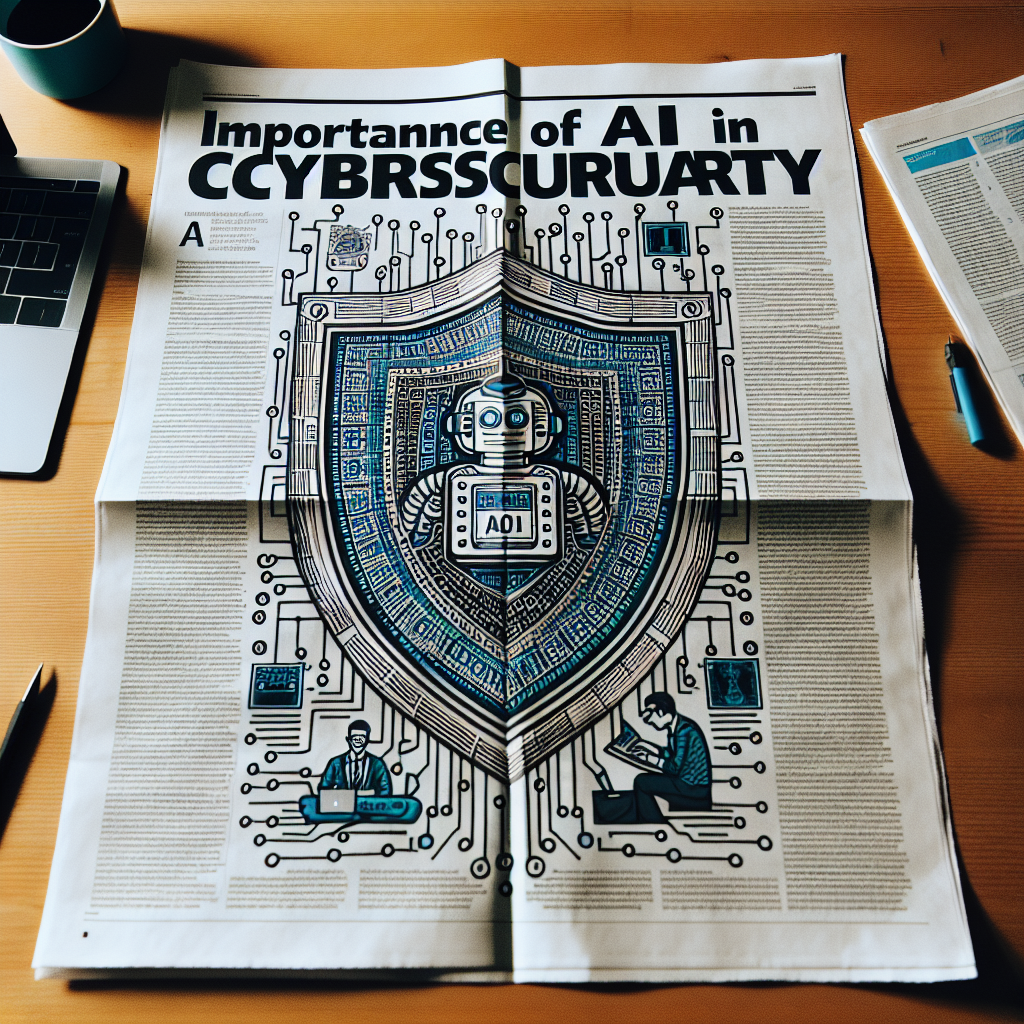The Importance of AI in Cybersecurity
In an increasingly digital world, the importance of cybersecurity cannot be overstated. As cyber threats grow in sophistication and frequency, organizations must adopt innovative solutions to safeguard their assets. Artificial Intelligence (AI) plays a pivotal role in modern cybersecurity strategies, enhancing not only the detection of threats but also the overall response mechanisms. This article explores the fundamental contributions of AI in fortifying cybersecurity infrastructures and the strategic insights organizations can leverage.
Understanding the Landscape of Cyber Threats
Cyber threats represent a diverse range of challenges from malware, phishing attacks, to ransomware, which can devastate personal and corporate data alike. According to the Cybersecurity and Infrastructure Security Agency (CISA), a staggering volume of attacks occurs every day, making it imperative for organizations to stay one step ahead. AI has emerged as a transformative technology, capable of analyzing vast amounts of data at unprecedented speeds to identify patterns and anomalies that may signal a cybersecurity threat.
AI’s role in cybersecurity is multifaceted. By utilizing machine learning algorithms, AI systems can continuously learn from new threats and adapt accordingly. Furthermore, AI can support advanced threat detection methodologies, such as anomaly detection and predictive analysis, enabling organizations to anticipate and mitigate potential risks before they escalate into full-blown incidents.
Key Applications of AI in Cybersecurity
- Threat Detection and Response
-
AI systems are adept at recognizing unusual patterns of behavior that may indicate malicious activity. For instance, AI can analyze network traffic to identify deviations from baseline behavior and flag these anomalies as potential threats. This rapid analysis allows cybersecurity teams to respond proactively, rather than reactively.
-
Automating Routine Tasks
-
Time-consuming tasks, such as log analysis and incident response, can be automated through AI-driven platforms. With these automated solutions, cybersecurity professionals can redirect their focus to more complex tasks that require human intervention. This not only optimizes resource allocation but also enhances the overall efficiency of a security team.
-
Improving Phishing Detection
- Phishing remains one of the most pervasive cyber threats. AI can enhance phishing detection efforts by evaluating email behavior and the legitimacy of URLs in real time. Machine learning-driven systems can identify new phishing tactics continuously, providing organizations with cutting-edge protective measures.
Strategic Insights for Organizations
Investing in AI Cybersecurity Solutions
Organizations looking to enhance their cybersecurity posture should consider investing in AI-driven solutions. It is vital to evaluate vendors based on their ability to provide real-time threat detection, scalability, and ease of integration with existing systems. Businesses should explore partnerships that prioritize continuous learning and adaptation to emerging threats.
Training and Awareness
While technology plays a crucial role, human factors remain indispensable in cybersecurity. Organizations must invest in training programs to raise awareness about AI technologies and the ongoing cyber threat landscape. Employees should be educated on recognizing and reporting potential security incidents, fostering a culture of vigilance that complements technological defenses.
Conclusion
AI is fundamentally reshaping the landscape of cybersecurity. As organizations face an array of cyber threats, the integration of AI technology will not only enhance detection and response measures but also empower teams to operate more effectively and proactively. By adopting AI solutions and investing in human capital, organizations can secure their digital assets and maintain a competitive edge in an ever-evolving threat landscape.
